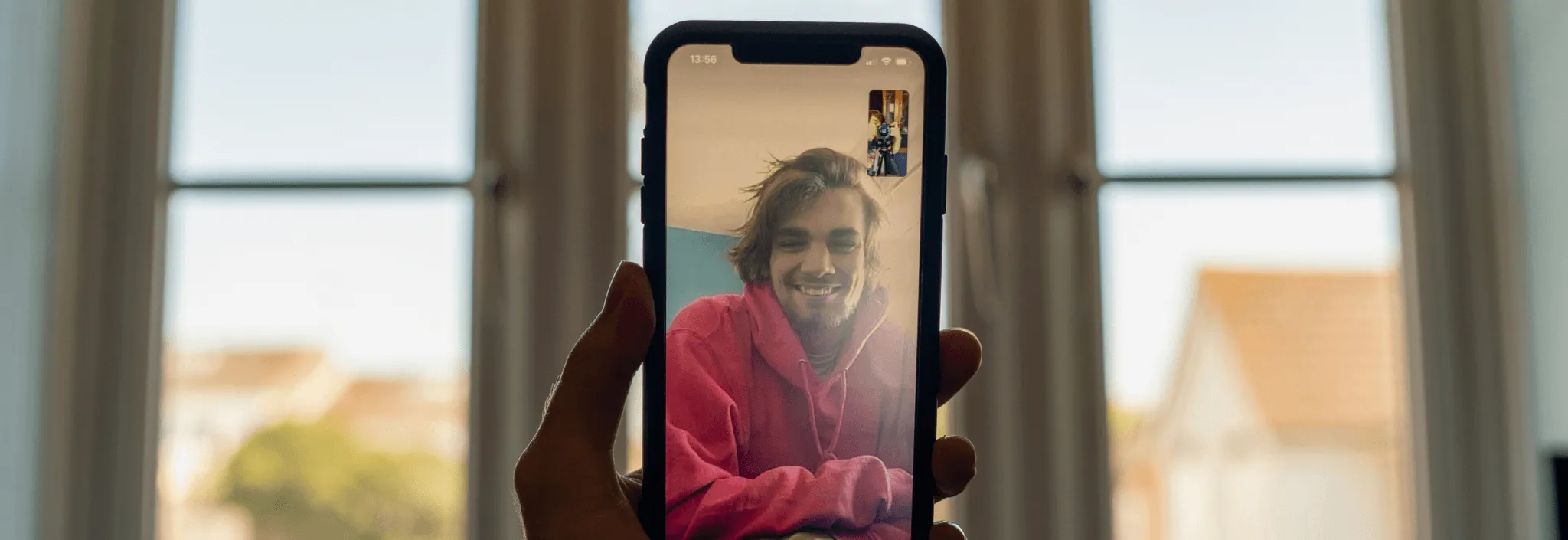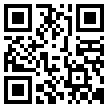6 de septiembre de 2024 Lectura en 6 minutos
Conectar para crecer: El papel crucial de las relaciones en el coaching eficaz

While a lot of coaches will focus the coaching experience on tried-and-tested techniques and foolproof strategies, the secret to success isn’t really any of those things (although they are essential).
What needs to come first is forging a rock-solid relationship with your coach.
Think of it like this: you wouldn’t share your deepest fears and dreams with just anyone, right? You need to feel safe, heard, and understood.
That’s where the magic of connection comes in.
When you and your coach click, it’s like a spark ignites. Suddenly, you’re not just going through the motions; you’re actively engaged, motivated, and empowered to reach your full potential.
As seasoned TaskHuman Coach Margrete Chadwick says, “Relationships are the key and the bolt to everything.” It’s in that space of trust and collaboration that real growth happens.”
So, how do you build that kind of bond? What should you look for in a coaching relationship? And how can you overcome any fears or hesitations you might have?
Let’s get into everything you need to know.
The Signs Of A Winning Coaching Relationship
It’s More Than Just “Getting Along”
While a friendly rapport is certainly helpful, a truly effective coaching relationship goes much deeper. It’s built on a foundation of:
- Trust: You feel comfortable opening up to your coach, sharing your vulnerabilities and challenges without fear of judgment.
- Open Communication: There’s a free flow of honest dialogue where both you and your coach feel heard and understood.
- Mutual Respect: You value each other’s expertise and perspectives, creating a collaborative environment.
- Shared Goals: You’re both aligned on the desired outcomes and committed to working together to achieve them.
When these elements are in place, you’ll feel a sense of synergy and partnership with your coach.
When It Clicks, You’ll Know
So, how can you tell if you’re in a winning coaching relationship? Here are some telltale signs:
- You feel heard and understood. Your coach actively listens, reflects back on what you say, and asks insightful questions to deepen your understanding. A natural resonance forms, making the conversation feel free-flowing, even when your coach challenges you in a respectful, purposeful, and tactful way.
- You feel empowered and motivated. Your coach believes in your potential and helps you tap into your inner strengths and resources.
- You feel challenged in a positive way. Your coach doesn’t just haphazardly agree with all of your opinions and approaches; they are committed to partnering with you in finding the most effective approach, even if it involves challenging you along the way.
- You’re making real progress towards your goals. You’re seeing tangible results and feeling a sense of accomplishment.
- You look forward to your sessions. You genuinely enjoy the time you spend with your coach and feel energized afterward.
As Margrete Chadwick shared, “One of the most wonderful things about coaching is to watch people’s eyes or facial expressions change right in front of me… because they have a realization, they know something.” That “aha” moment is a powerful indicator that the coaching relationship works.
Actionable Takeaway: Take a moment to reflect on your current or past coaching experiences. Did you experience these signs of a positive connection? If not, it might be time to reassess your coaching relationship or seek out a coach who can better support your growth.
Building A Bond That Works
As with every relationship, a good coaching relationship takes work. It may take a few sessions (depending on frequency) to get to a good place.
What’s more, you’ve both got to be proactive, so if you’re ready to commit and you want to make it work, here’s what you need to know.
It Takes Two to Tango
A successful coaching relationship isn’t solely the coach’s responsibility. It’s a partnership where both you and your coach play an active role. Think of it like a dance – it takes two to create a harmonious flow.
Lay the Groundwork
From the very beginning, set the stage for a positive connection:
- Be clear about your expectations. What are you hoping to achieve through coaching? What kind of support are you looking for?
- Communicate your goals. What specific outcomes do you want to see?
- Share your communication style. How do you prefer to receive feedback? What kind of communication makes you feel most comfortable?
By establishing these foundations upfront, you’re creating a shared understanding and minimizing potential misunderstandings down the line.
Nurture the Connection
Once you’ve laid the groundwork, continue to nurture the relationship:
- Show up prepared. Come to your sessions with a clear agenda and any relevant materials or questions.
- Be open and honest. Share your thoughts, feelings, and challenges authentically.
- Provide feedback to your coach. Let them know what’s working well and what could be improved.
- Celebrate wins together. Acknowledge and appreciate the progress you’re making, no matter how big or small.
Coach Margrete emphasizes, “I need your help too, to help me help you.” Open communication and active participation are essential for building a bond that truly works.
Actionable Takeaway: If you’re currently working with a coach, take a proactive approach to strengthening your relationship. Implement these tips and see how they transform your coaching experience. If you’re seeking a new coach, keep these points in mind during your search. Look for someone who is not only qualified but also someone you feel comfortable connecting with on a deeper level.
Choosing The Right Coach(es) For YOU
One Size Doesn’t Fit All
Finding the right coach isn’t like picking a pair of shoes – one size definitely doesn’t fit all. What works wonders for your friend might not be the best fit for you.
We all have unique personalities, learning styles, and goals, so it’s crucial to find a coach who aligns with your individual needs.
Beyond Credentials
While qualifications and experience are important, don’t stop there. Dig deeper to assess:
- Personality fit: Do you feel comfortable and at ease with this person? Can you envision opening up to them?
- Coaching style: Does their approach resonate with you? Do you prefer a more directive or a more reflective style?
- Areas of expertise: Do they specialize in the areas you want to focus on?
As Margrete Chadwick aptly points out, “I’ve never lived your experience.” The ideal coach understands your unique challenges and can tailor their approach accordingly.
Trust Your Gut
Sometimes, the best way to choose a coach is to simply trust your intuition. Pay attention to how you feel during your initial conversation. Do you feel a sense of connection and trust? Are you excited about the prospect of working together? If so, that’s a great sign!
Construya el equipo de sus sueños
The good news is you have options. With TaskHuman, you can have multiple coaches at the same time!
You may want someone to help you with your physical fitness, someone else to help improve your relationships, and another to help with your professional growth. All of that is possible to help you become the best version of yourself.
Actionable Takeaway
Don’t be afraid to ask potential coaches questions to gauge compatibility. Here are a few ideas:
- Can you describe your coaching style?
- What areas do you specialize in?
- How do you measure progress and success?
- What can I expect from our sessions?
Remember, the coaching relationship is a two-way street. You have the right to choose a coach who feels like the perfect fit for your journey.
Learn more in the TaskHuman Talks Podcast episode below with coaches Jamie Carroll y Margrete Chadwick:






